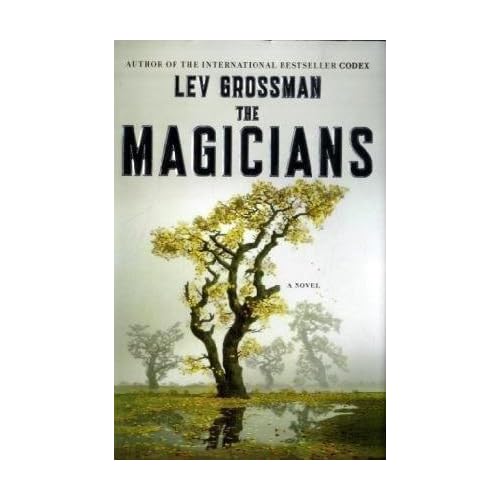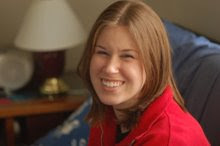When I first heard about Lev Grossman's new novel, "The Magicians," from
NPR about two months ago, I was a bit skeptical. Grossman and the NPR correspondent Tom Vitale called the book an "adult Harry Potter," set in a modern-day Brooklyn. The book centers on Quentin Coldwater, a dissatisfied high school senior who escapes life and reality by continually re-reading a fantasy series from his childhood, which takes place in the magical land of Fillory.
Toward the end of his senior year, Quentin is interviewing with ivy league schools and listlessly preparing to carry on his lackadaisical life at Princeton. While chasing a dropped paper through a community garden in New York, he finds himself never reaching the back of the garden. Eventually, he walks far enough into it for it to become the grounds of Brakebills College, a school of Magical Pedagogy. From there, Quentin's world is altered irrevocably as he discovers both magic and his beloved Fillory are real.

"The Magicians" draws heavily both on Lewis' "Chronicles of Narnia" and on J.K. Rowling's "Harry Potter" series. Grossman admits that Fillory and its gods are more or less Narnia and Aslan. But this is no children's book. The characters and plot are far more complex and far less black and white than anything Lewis or Rowling have created. The majority of the novel takes place in our own world, where the harshness of reality plays more of a role in the characters' lives than many of the fantasy or science fiction novels I've read.
And therein lies the works' real strength.
Grossman refuses to ignore reality, regardless of what world or plane of existence its characters are in, no matter how fantastic the setting or creature. Quentin deals with real-world issues that many in college students and post-grads would face. The book is less about who is good or evil and more about what magic is for, what life is for, and Quentin struggles with the questions just as much as the rest of us. He screws up, and he actually has to pay for his mistakes. There is no Dumbledore there to make sure Quentin isn't expelled for breaking the rules. There is no "happily ever after." Grossman's fantasy worlds are just as harsh as our own world. The characters are sympathetic, believable and fallible, and well worth seeing through to the end.
This is Grossman's first step into Science Fiction/Fantasy, and I hope he doesn't stop here. Though a standalone, I almost wish it was the start of a series or a trilogy. Yes, it's really that good.



